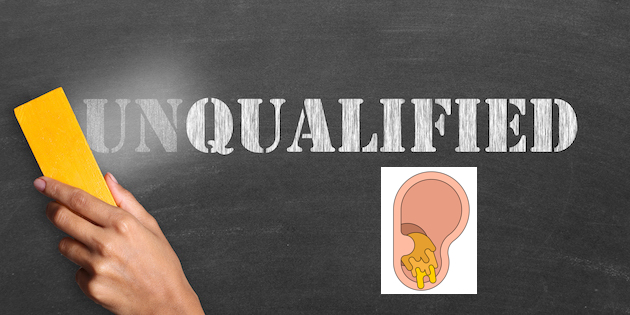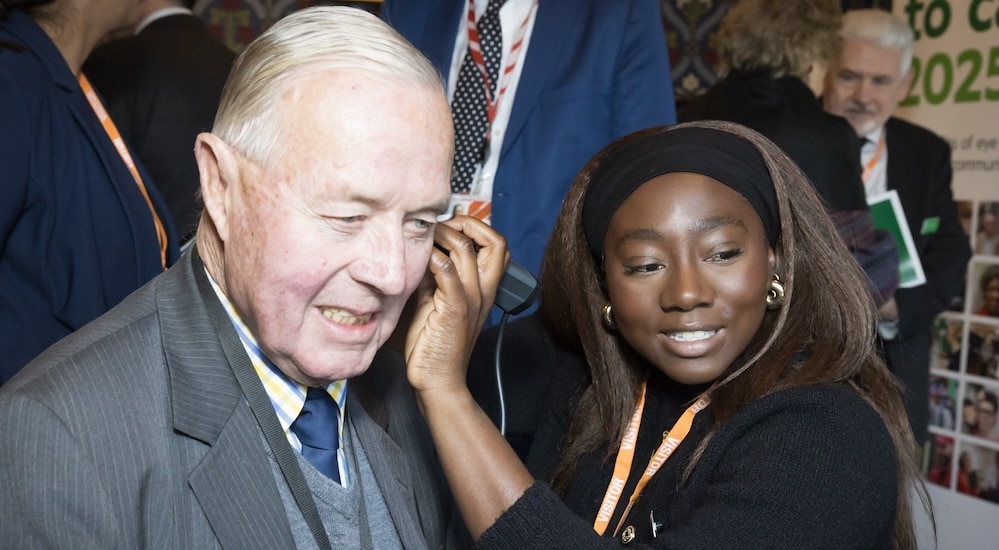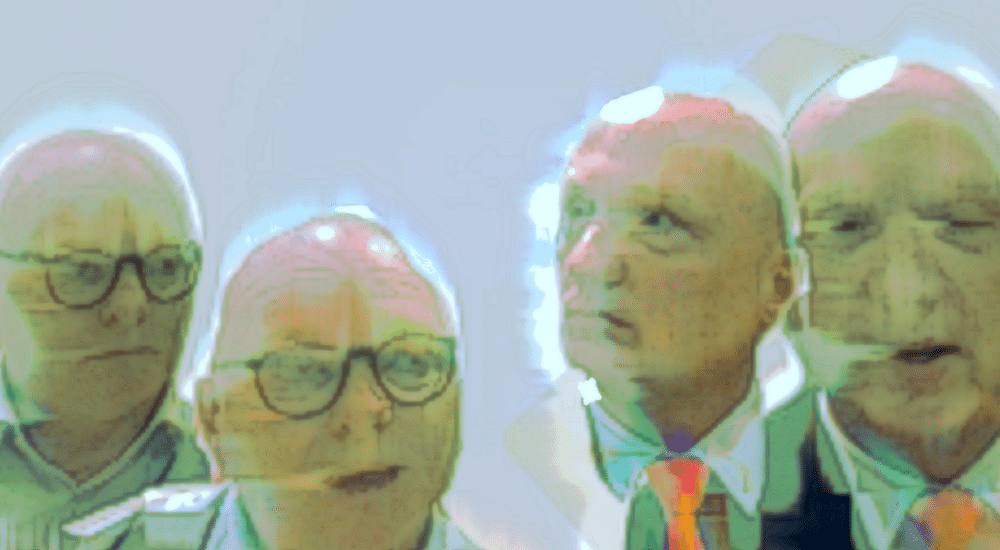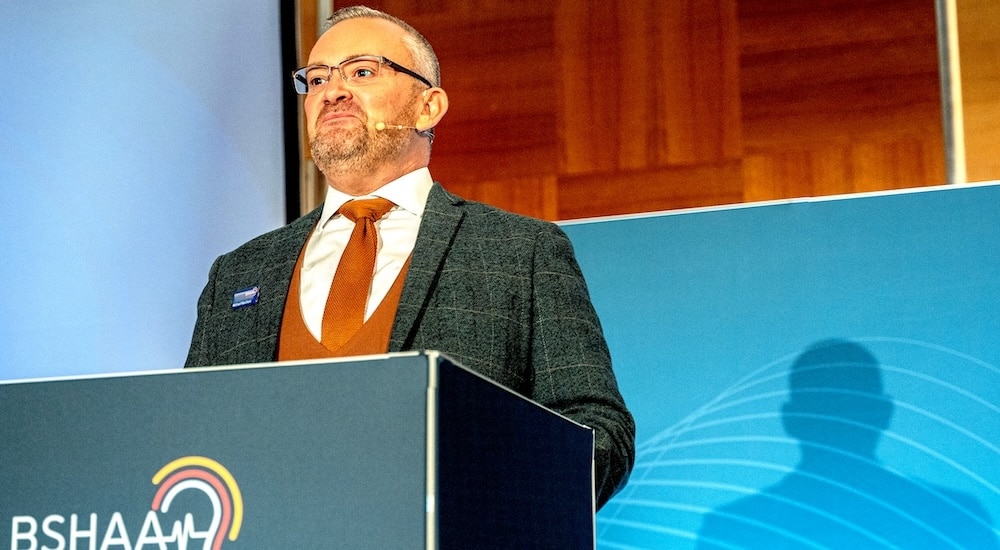UK associations work towards consensus amid wax removal controversy
Attempts to unify the UK's audiology professions will face a significant test this December 14 when different groupings meet to find agreement on the single but knotty issue of regulating earwax removal.

Amid recent talk from all sides on a willingness to progress negotiations on the formation of a national College of Audiology, the UK’s professional associations are moving towards consensus on safe wax removal services through ongoing meetings of a National De-wax Access Group. Their aim is to produce recommendations on minimum training and competency standards, and to explore regulation and registration options, but the road to cohesion on wax removal has been rocky, the issue proving controversial, sparking standalone attempts at solutions and intense exchanges on social media.
The current lack of regulation in the UK on wax removal has been brought into sharp focus by increased demand for the service, the withdrawal of free ear syringing services from NHS GP surgeries, and a recruitment crisis affecting all levels of audiology. The problems distill into concerns at board and member level of associations that patients are vulnerable to potentially harmful intervention by unqualified and unaccountable persons. Fears that earwax removal is being performed by anyone who wishes to make money this way, regardless of qualifications or affinity with hearing health, have led to emphatic observations and sharp accusations across misapprehensions and alarm over the course of efforts to improve standards.
The British Academy of Audiology (BAA), the British Society of Audiology (BSA), the British Society of Hearing Aid Audiologists (BSHAA), the Association of Independent Hearing Healthcare Professionals (AIHHP), National Health Service England (NHSE), the Royal National Institute for Deaf People (RNID), the British Society of Hearing Aid Audiologists (BSHAA), and Ear, Nose, and Throat UK (ENT UK) have all met together once and now have a further gathering on Thursday, December 14.
Widespread disquiet had greeted a consultation process for an Aural Care Register (ACR) initiated in August by the BSHAA, which the association says followed a membership survey that approved it. However, this independent attempt to ensure minimum training standards for wax removal rapidly drew criticism, particularly on social media.
The BSHAA has now suspended the consultation process and says it is committed to working with the National De-wax group “as we collaboratively define the most effective path forward”.
“BSHAA’s mission remains focused on ensuring the safety, effectiveness, and high-quality services for the benefit of our patients,” read a statement from the group on social media.
A recent joint statement by the BAA and the BSA had made the following reference to associations attempting to solve the wax removal situation independently: “We do not believe it is appropriate for individual organisations, which may represent a minority of professionals, to seek to create a separate register. It is very much a time for audiology professionals from all sectors to focus on shared concerns and to collaborate onreaching a consensus on what safe and excellent ear care looks like.”
The BAA has more recently stated that “the professional bodies BAA, BSA, BSHAA and AIHHP have identified shared concerns and are all keen to work collaboratively” within the De-Wax group.
AIHHP’s new education campaign around wax removal
In October, the AIHHP announced the launch of a campaign and new website – https://www.blockedears.co.uk – to “educate the general public about aural care and the importance of finding properly trained clinicians to undertake the procedure”.
AIHHP Chairman Paul Scigala said: “Ear wax removal should be carried out by a fully trained professional where the procedure forms part of their scope of practice enabling them to practise safely and legally, otherwise the public are putting themselves at risk of possible serious damage to their hearing. At AHHIP, we believe that raising awareness of the importance of consulting with an accredited ear wax removal specialist is essential.”

Call for legislation
Among the most vociferous posters on social media regarding this subject, Neil Raithatha, Director of The Hear Clinic and Clearwax, posted an open message to the De-Wax group: “At your next meeting scheduled in December, please put the lobbying of Government to make #earwaxremoval a regulated activity at the top of the agenda. I know there have been previous unsuccessful attempts, but now is the time, not least because the field of Botox is currently undergoing such legislation, and because we have the momentum and support of the public and majority of professionals.” Sources: BAA/BSHAA/AIHHP/LinkedIn
Audiology Worldnews welcomes your views on this and other issues. Please email the editor-in-chief here.
Source: UK professional associations
 Sign in
Sign in

